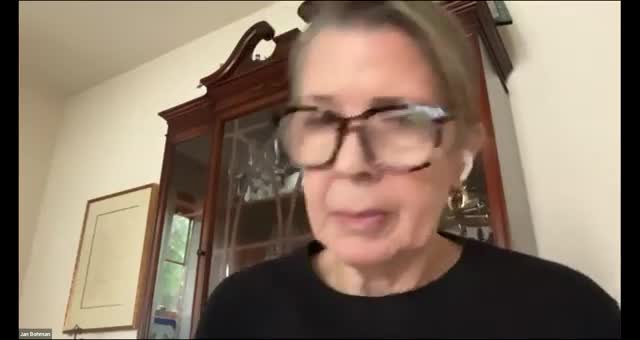Committee recommends moratorium on artificial turf in public and public-use spaces
Get AI-powered insights, summaries, and transcripts
Subscribe
Summary
A city advisory committee unanimously favored recommending a temporary moratorium on artificial turf for public and public‑use spaces, citing PFAS, microplastics and recycling concerns while asking staff to prepare a council memo and public handouts.
The Climate‑Friendly Landscape Committee recommended that the city council consider a moratorium on new artificial turf installations in public and public‑use spaces, including playing fields and similar high‑use areas.
Committee members said three regulatory pathways were reviewed — an outright ban on new turf, a moratorium to allow further study, and limits on specific hazardous compounds — and favored a limited moratorium while the city tracks evidence on PFAS, microplastics and end‑of‑life recycling claims.
"Regulating the compounds of concern seems like the best way forward," said John (committee member). "But a moratorium on artificial turf specifically would give the city time to determine whether the industry can deliver PFAS‑free, recyclable turf at scale." The committee discussed examples from Portland and Lake Oswego and cited Maryland's approach targeting lead and PFAS in playground surfacing materials and the European Union's microplastics rules.
The committee described three common approaches found in other jurisdictions: a ban on new installations, a multi‑year moratorium to pause new projects while research and standards are developed, and targeted compound regulations that prohibit PFAS, high lead and similar contaminants. Committee members noted that some jurisdictions that required recycling or declarative industry claims later found those claims unfulfilled.
Members discussed scope. Several participants recommended focusing a moratorium on publicly owned and public‑use spaces — such as municipal sports fields, YMCAs and public medians — rather than private residential yards, both to reduce controversy and to address locations where children and large groups are exposed.
The committee suggested a moratorium duration in the 5‑ to 10‑year range was discussed as a possible timeframe to allow testing, supply‑chain verification and development of genuine PFAS‑free or recyclable turf products. Golden Gardens was cited as an example field that would be covered if a moratorium were adopted in time for upcoming projects.
Committee members asked staff to include a concise explanation of alternatives (natural turf, maintenance options and playground surfacing), examples of other cities' language (with Portland's ordinance as a sample appendix), and a public‑facing resource sheet for outreach and tabling.
No formal vote before the full council was recorded at the meeting; the committee agreed to prepare a council memo and a community handout and to return a draft for additional edits. Members set an internal deadline for draft edits to be submitted by the following Thursday at 12 p.m.
The committee said staff would monitor pending state legislation that could affect local authority; if a state bill appears, the committee asked legislative affairs staff to track it and report back.
The committee also proposed that the initial moratorium language be explicit to avoid unintended coverage of unrelated products (for example, small rubber play mats) and that the moratorium be limited to "artificial turf" installations for public and public‑use spaces to preserve enforceability and clarity.
